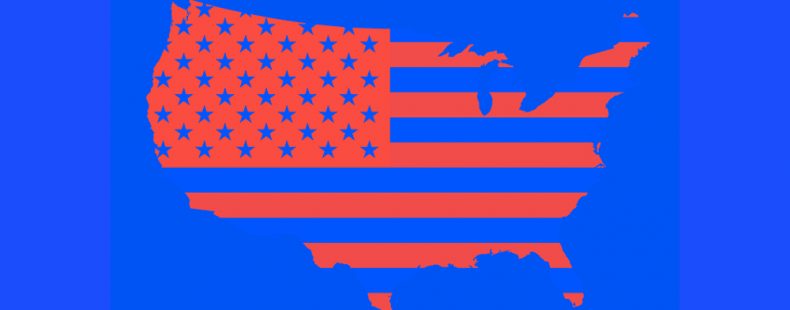The US may have won independence from Britain, but the English can gloat that Americans still speak a language named after them.
American English, however, has spawned more than a few amazing words all its own. Some Americanisms are probably familiar to you, such as guy, takeout, or the phrase heads up, but others will sound as foreign to you as they sound to Brits today. So you might say this list is something of a lollapalooza that’ll surprise and amuse you. Read on!



















